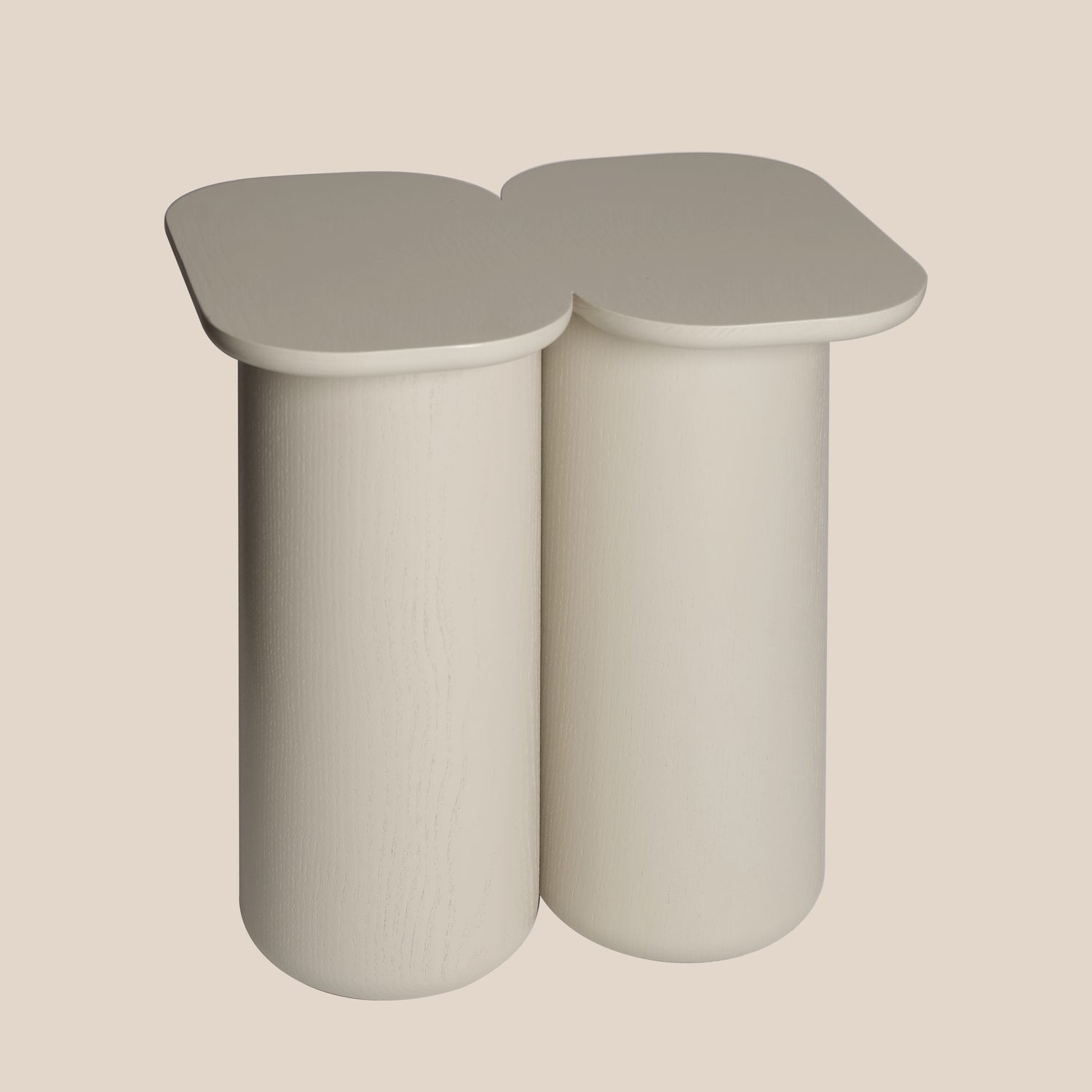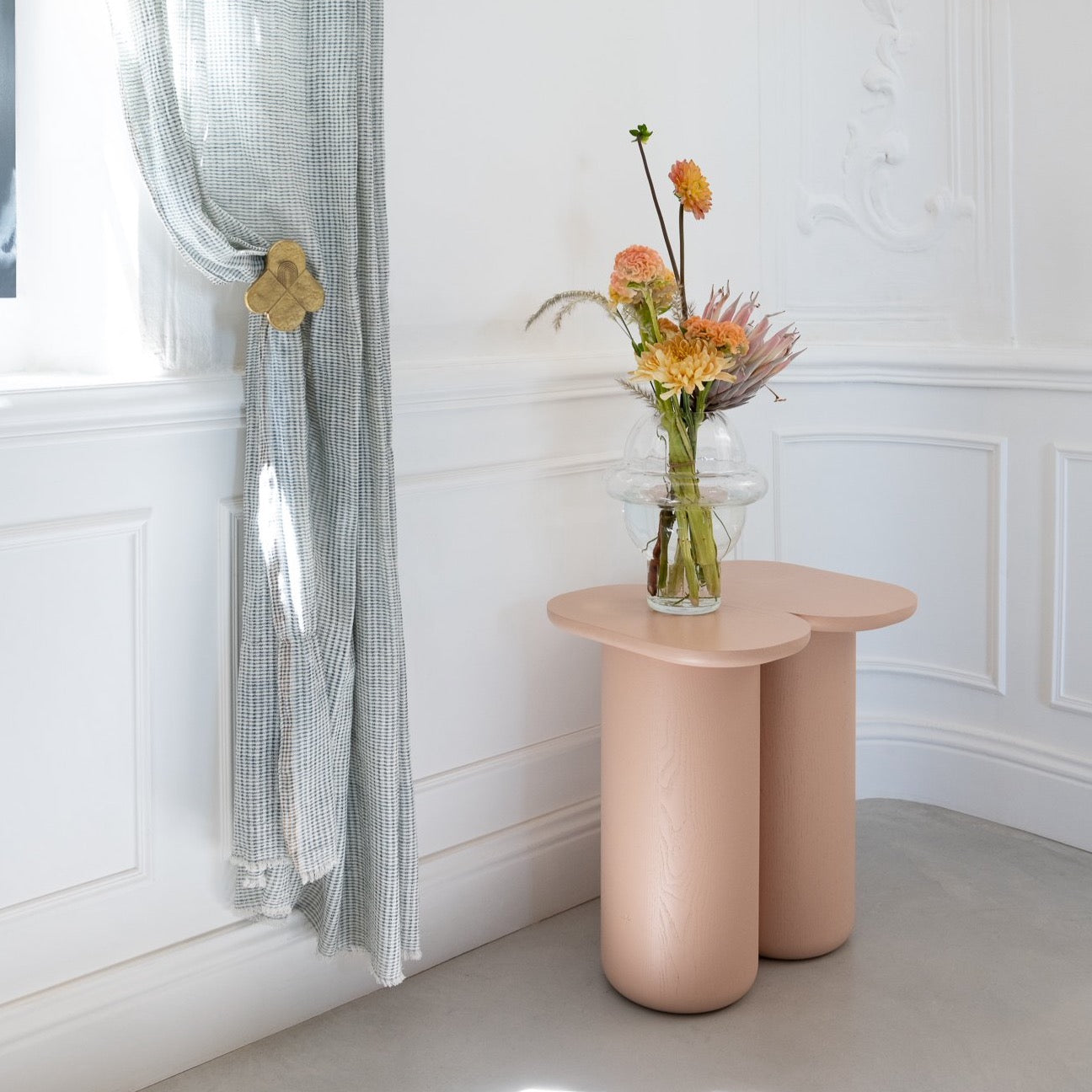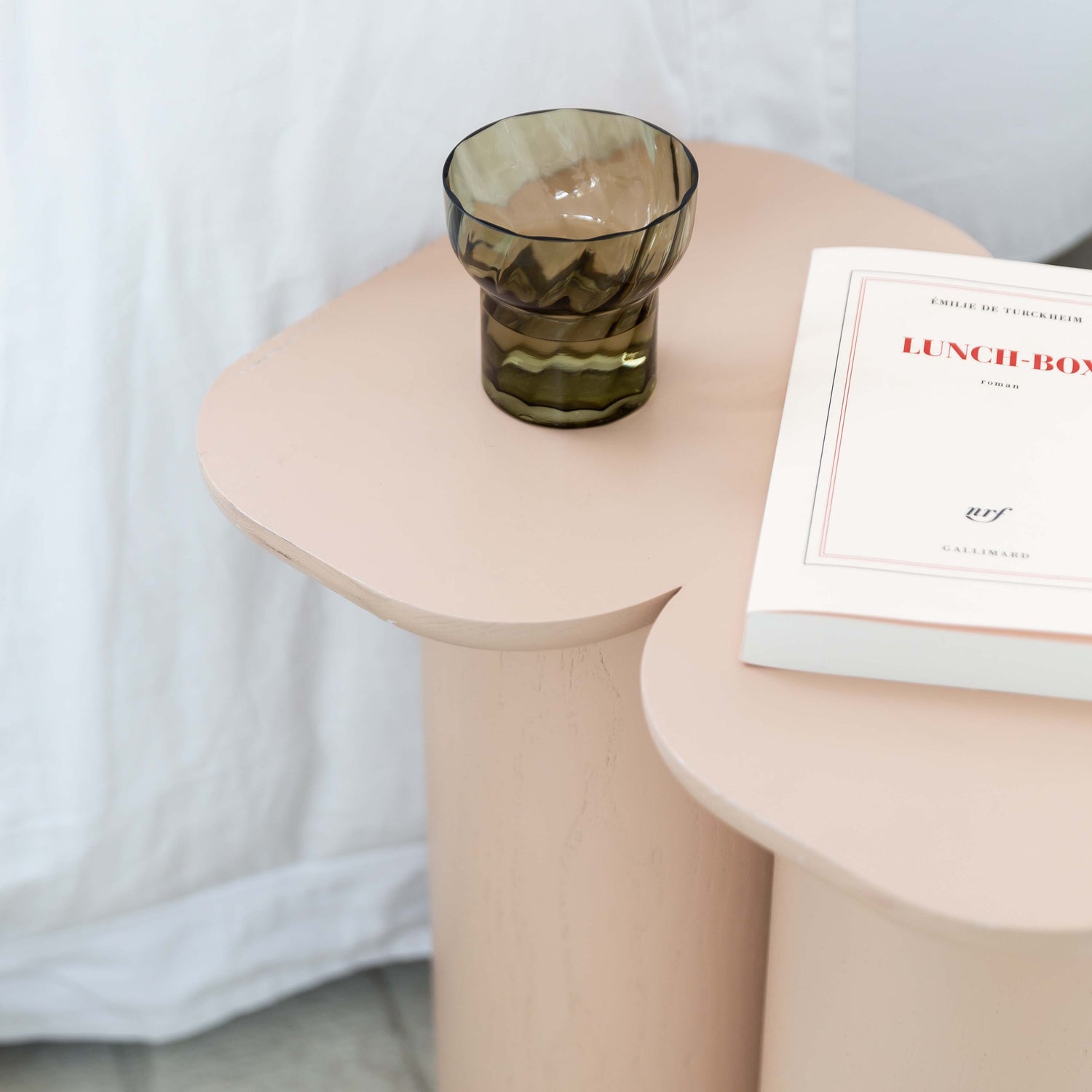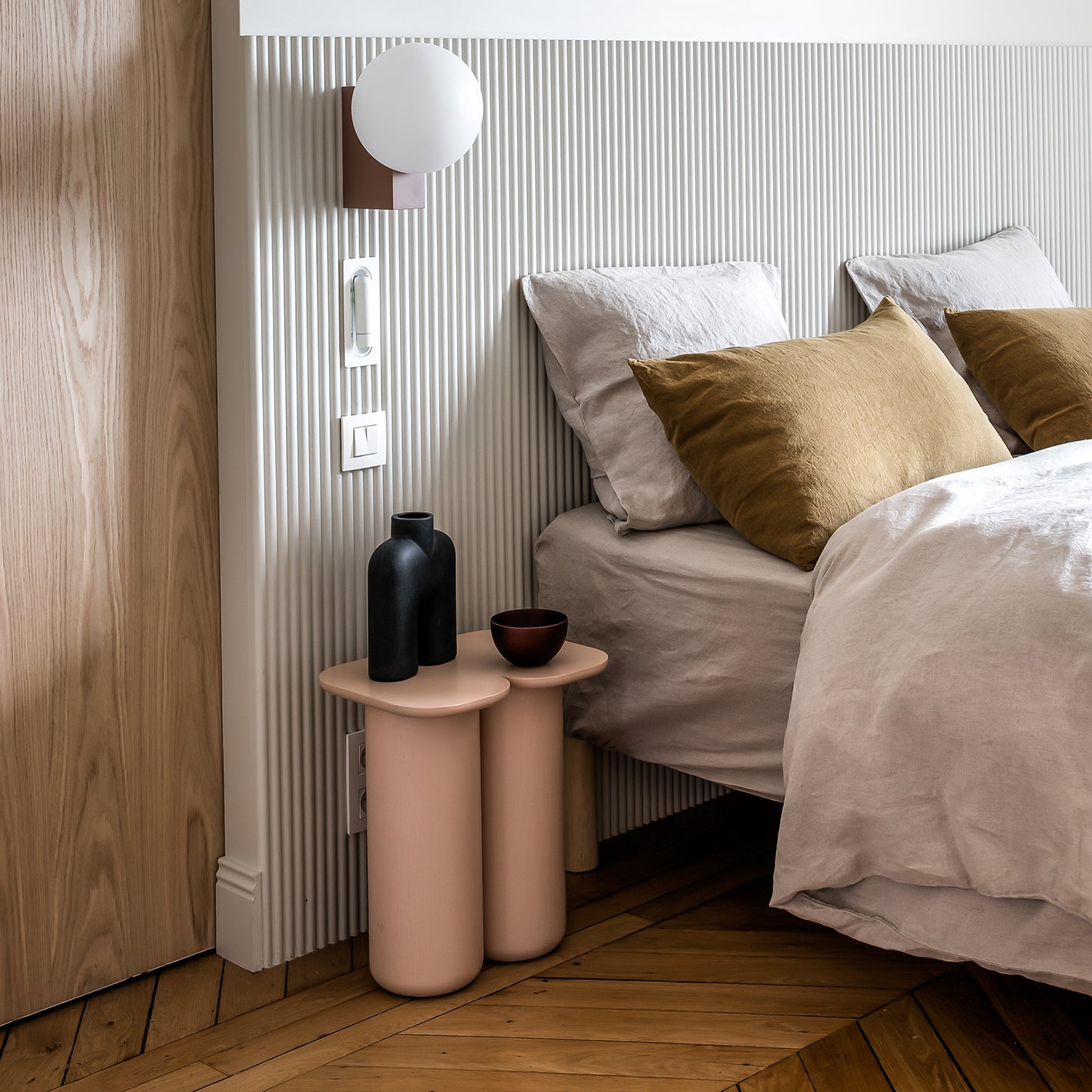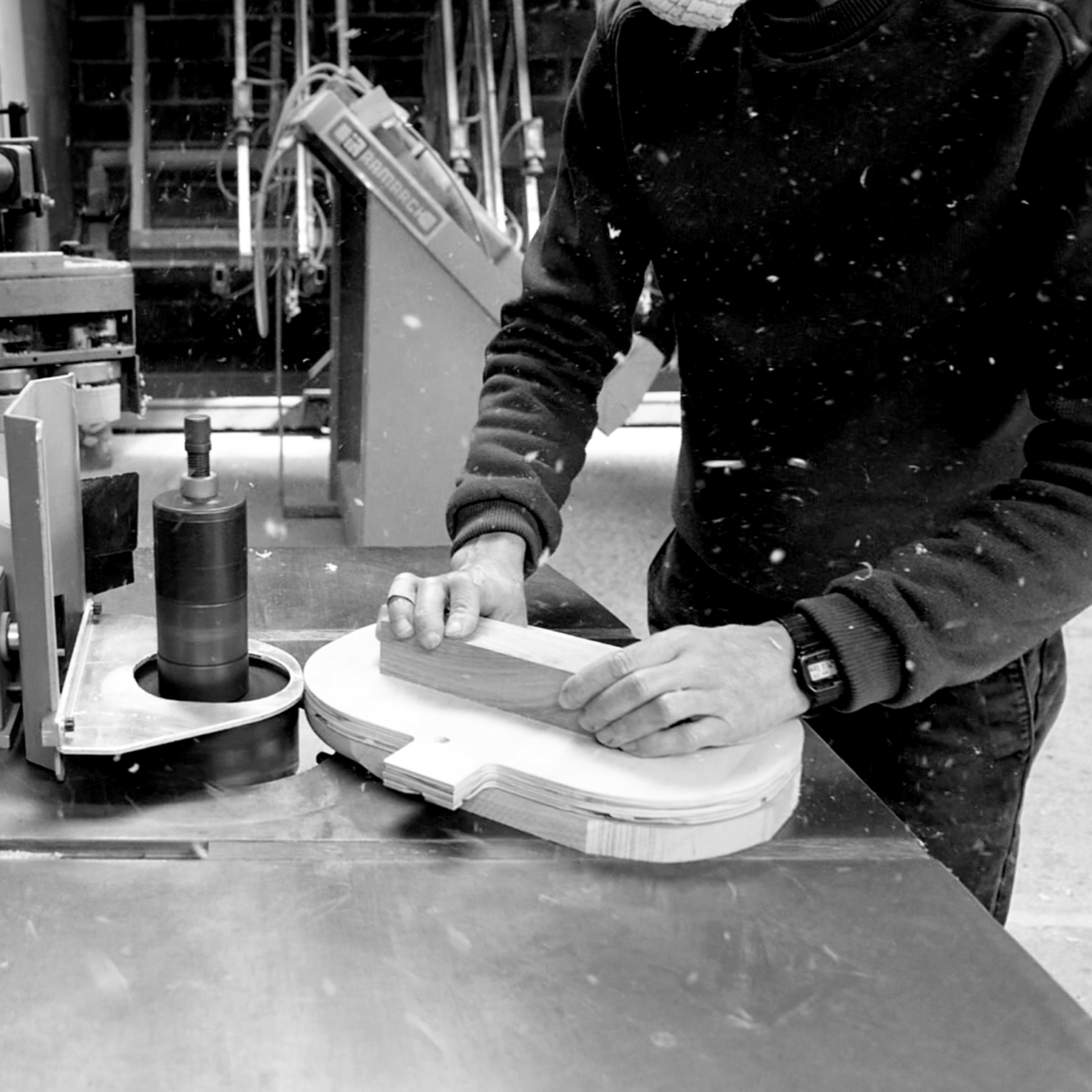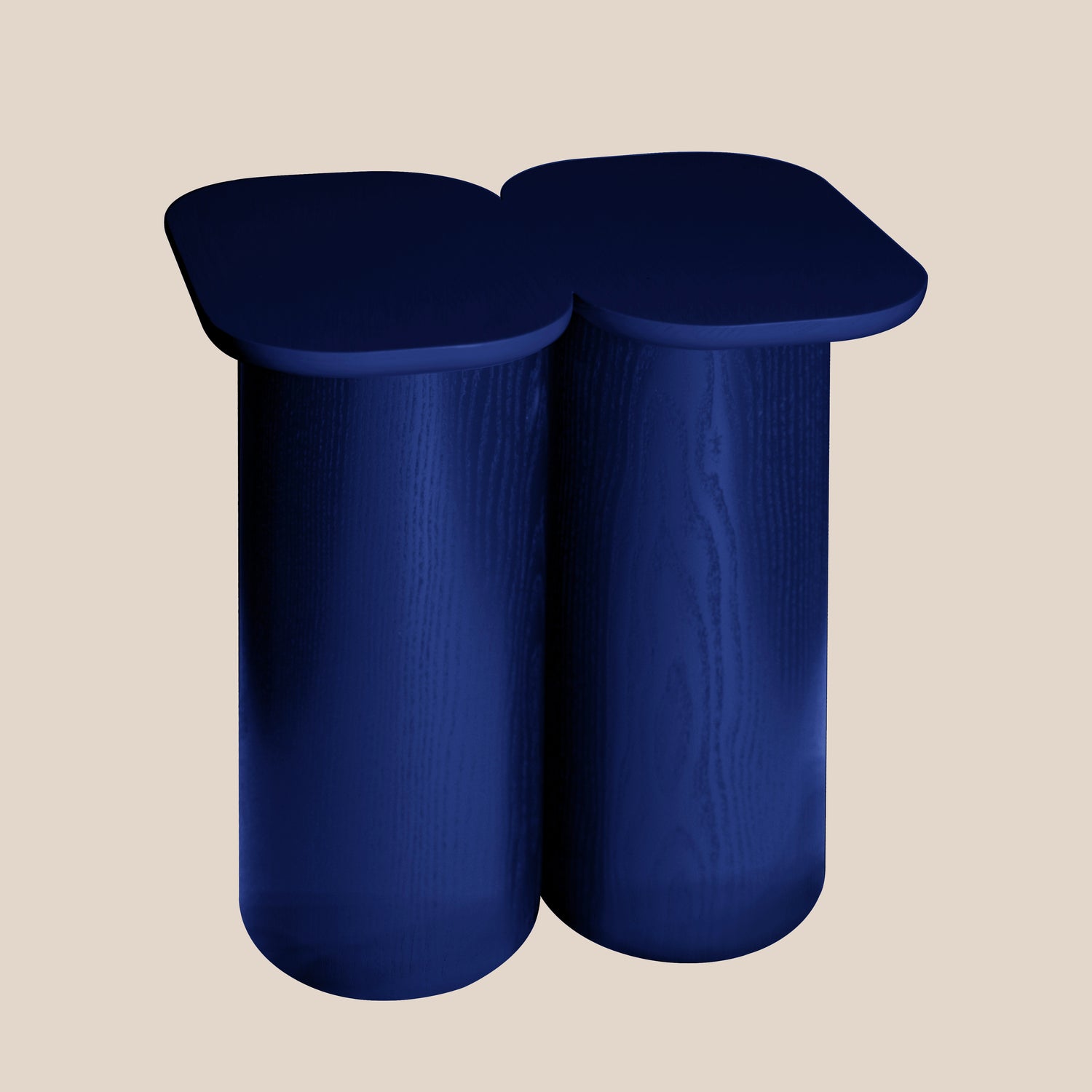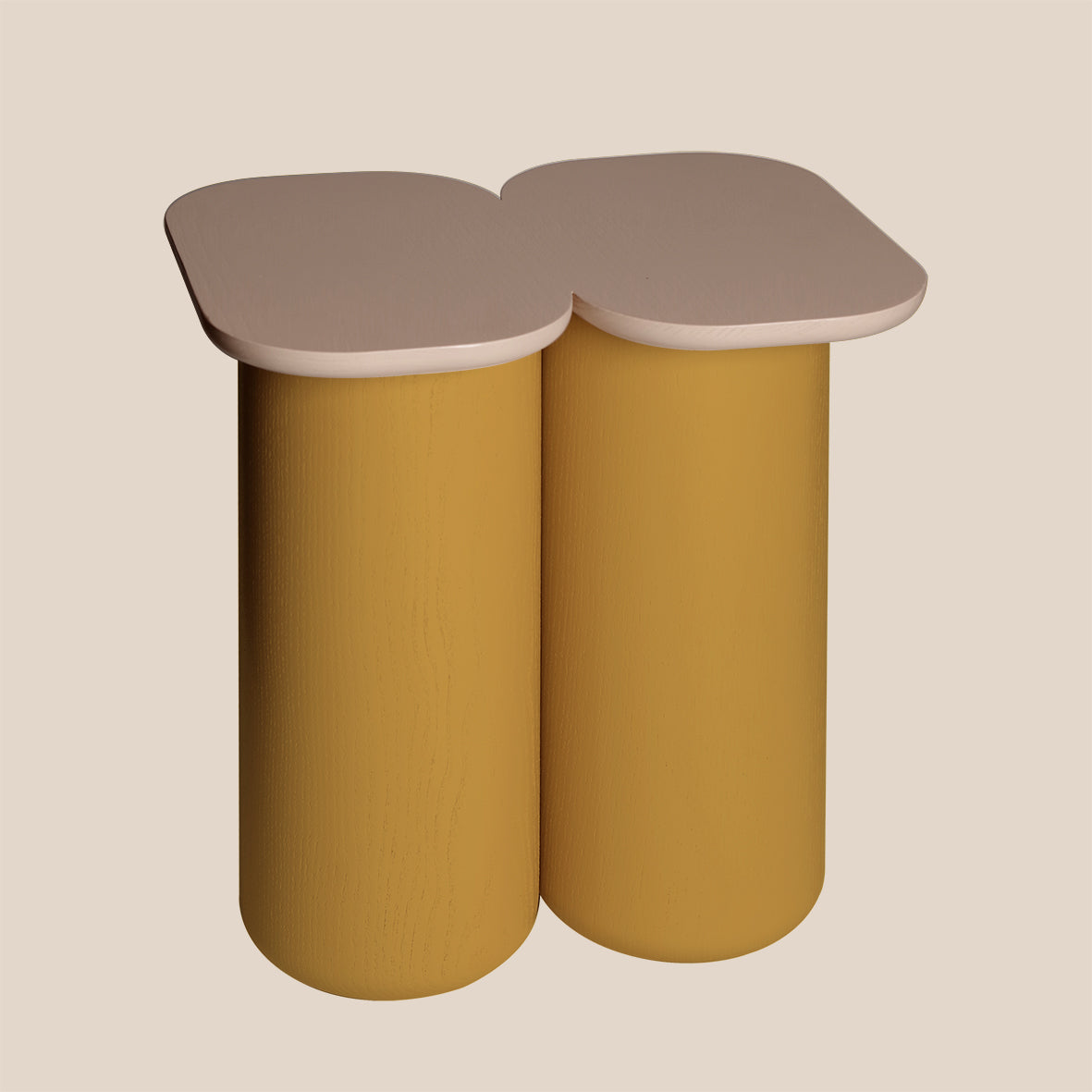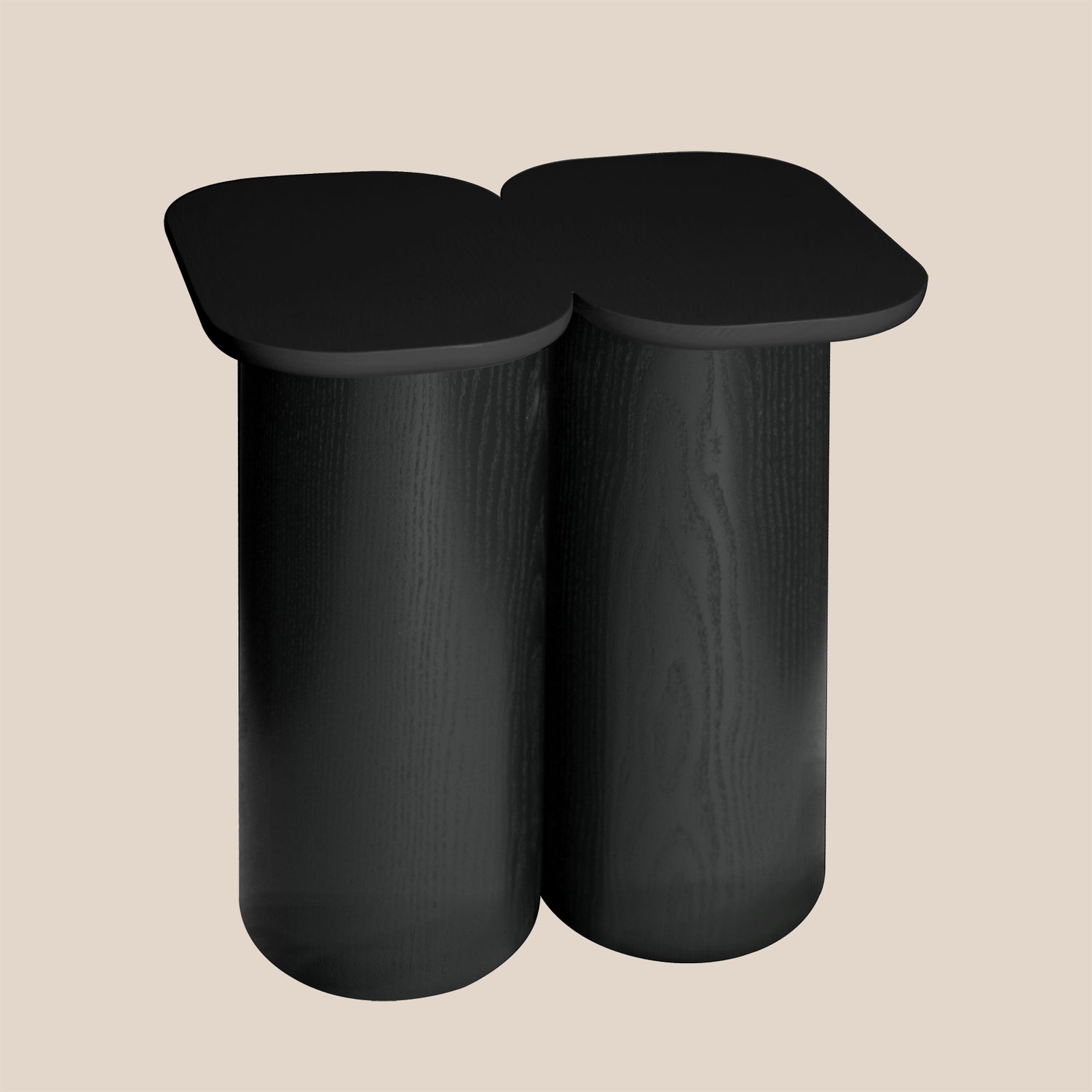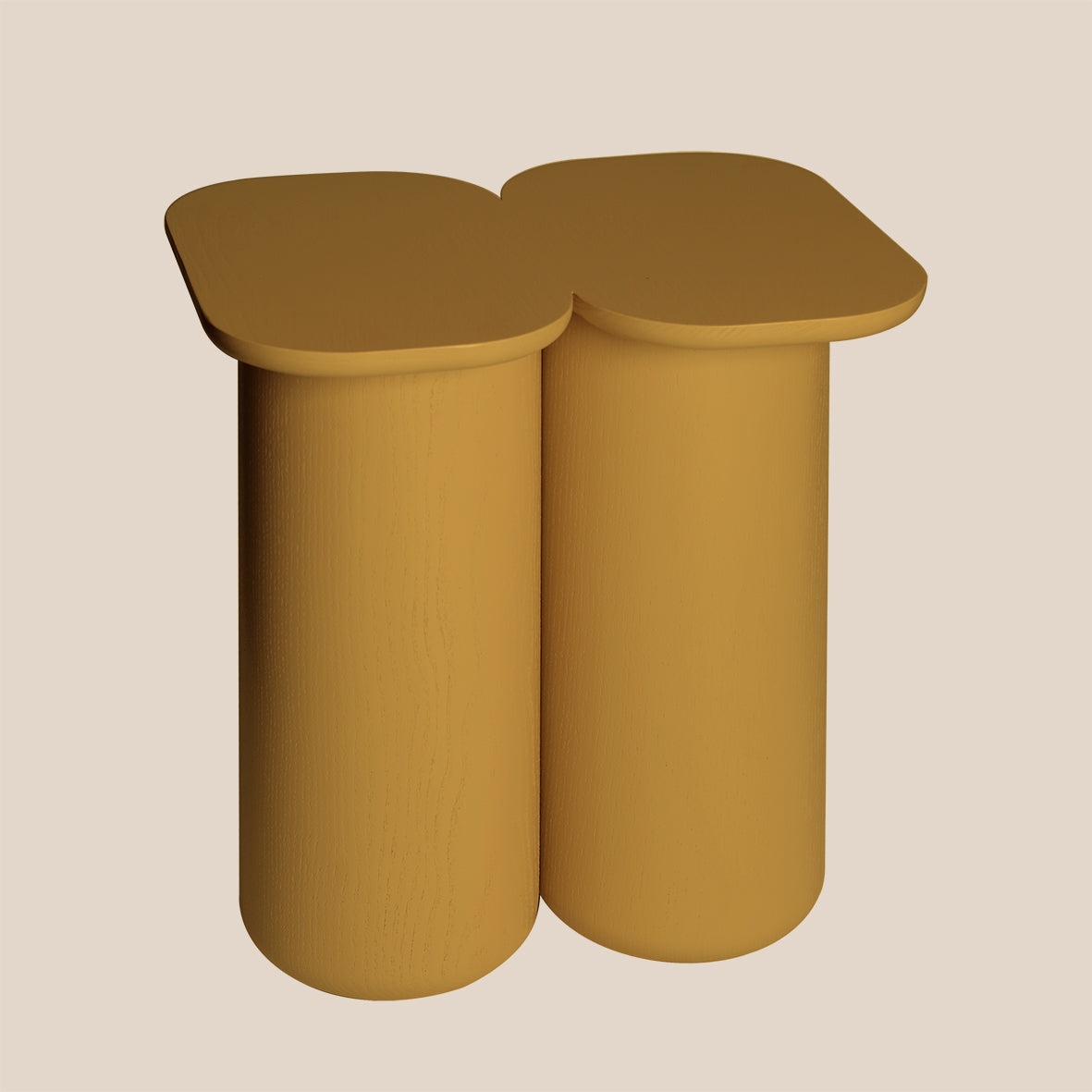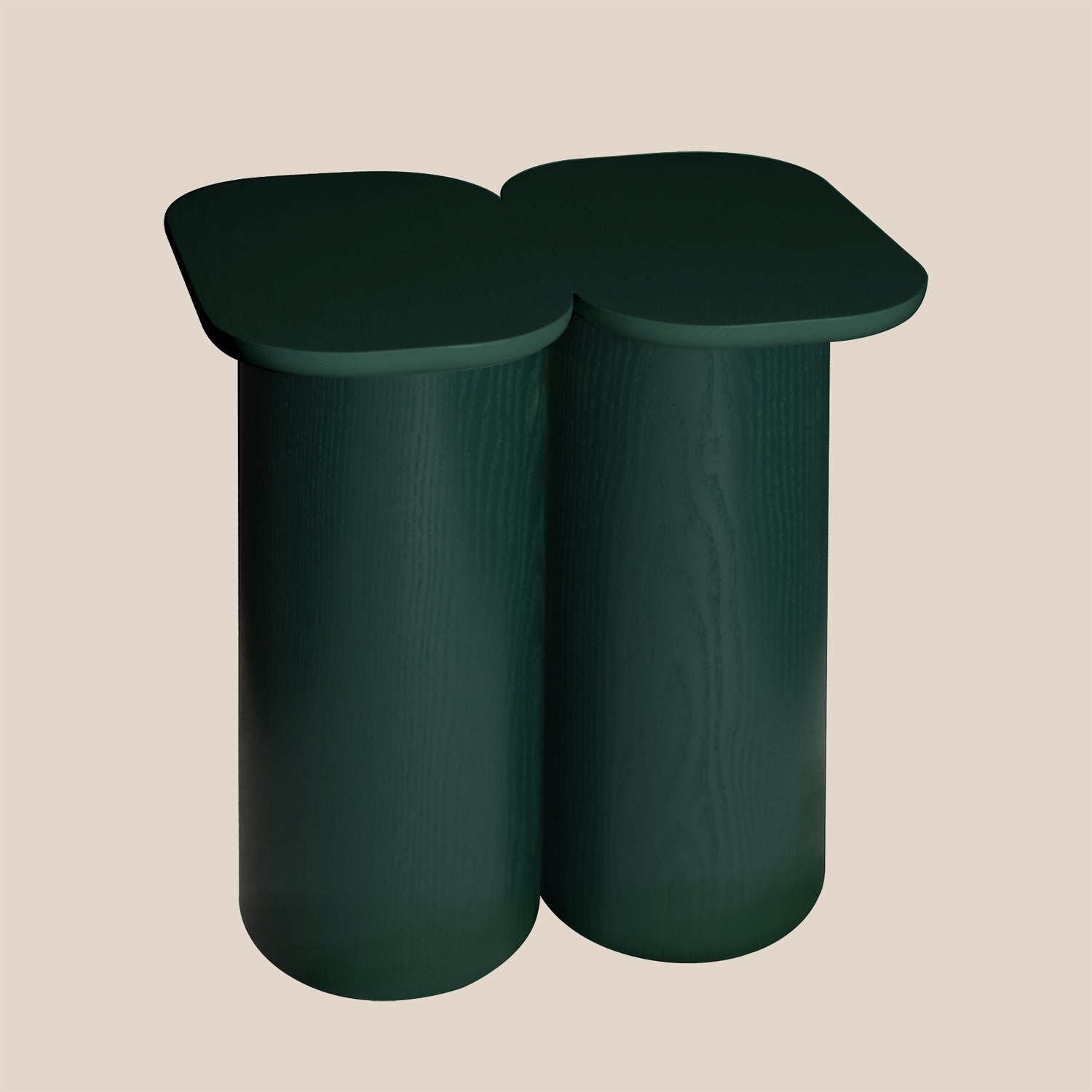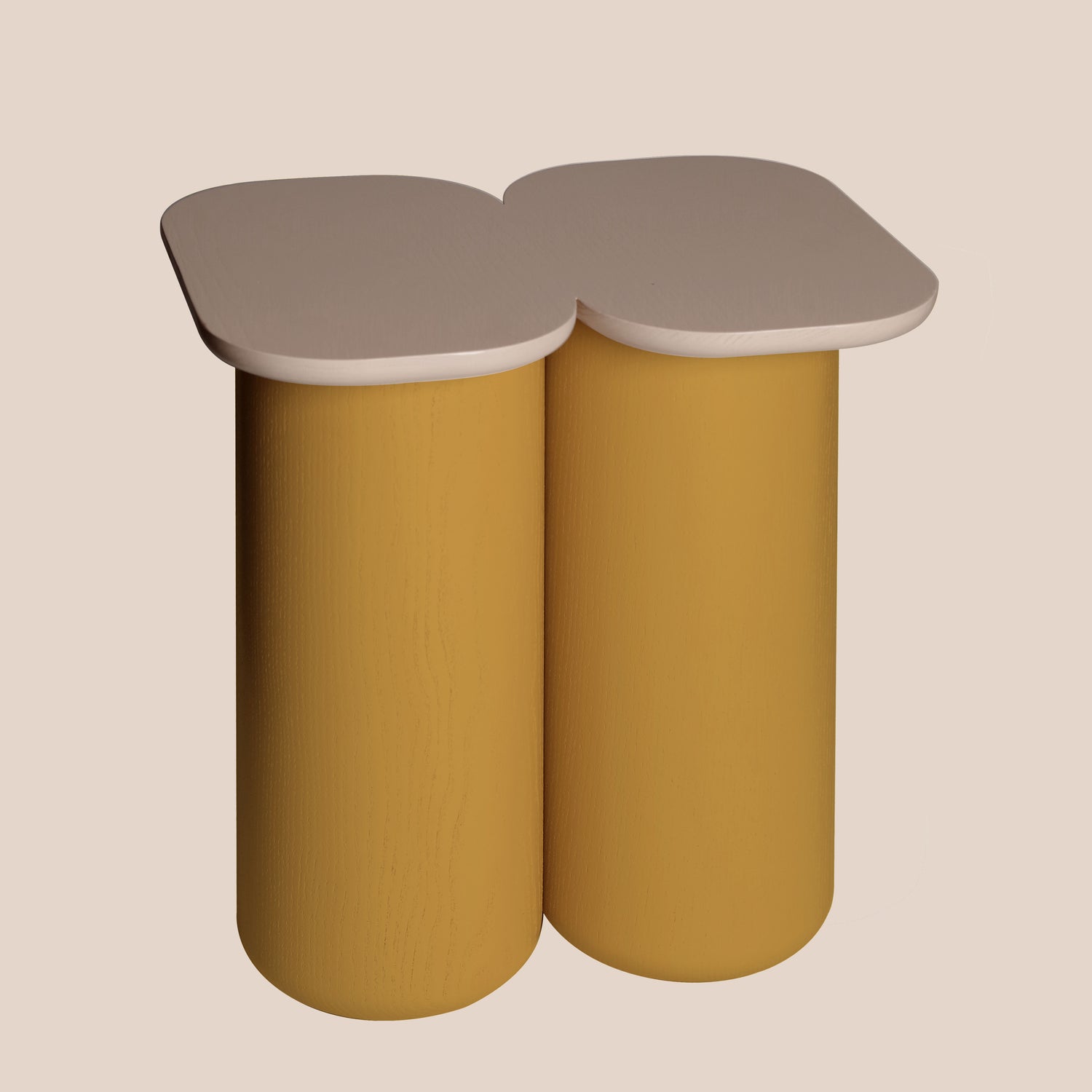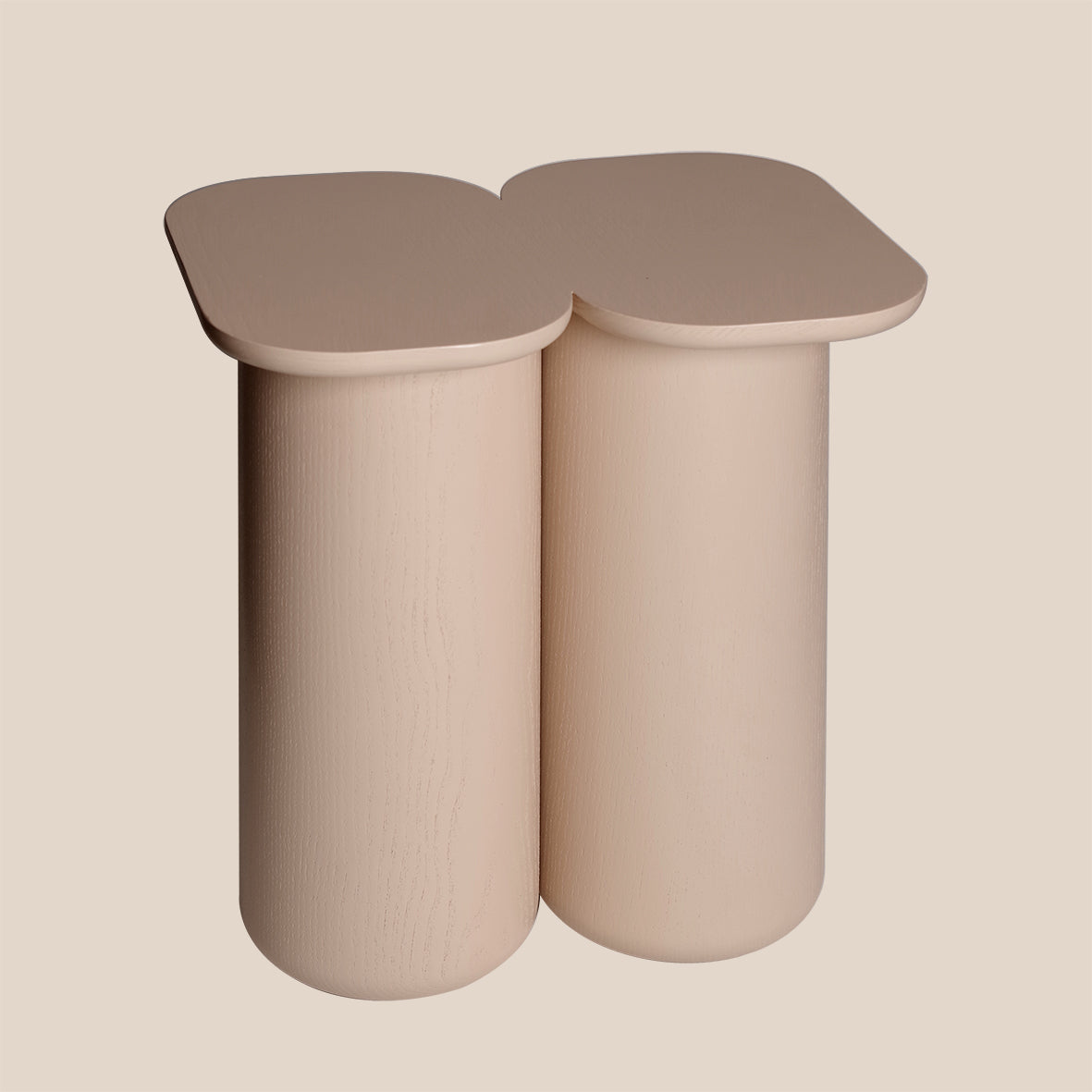Faniside table
- Regular price
-
780€ - Regular price
-
- Sale price
-
780€


Fani is a small piece of furniture with multiple uses: a side table, a stool, a night table or a sofa end. The Limestone Pink, Yellow Ochre, Pine Green and Deep Black are mixed to create 6 variations, plain or two-tone.
Margaux Keller was inspired by an ancestral tradition according to which the loser of a game of pétanque had to place a kiss on the buttocks of Fanny, an iconic Provencal character.
-
Each piece is unique and signed.
1. Features
Ash wood turned and shaped by hand
<br>
Dimensions : H 45 cm x W 44 cm x D 33 cm
<br>
Cleaning with a damp cloth
2. Product manufacturing
Each piece is unique and signed.
<br>
Made in France, in a family workshop with traditional know-how and respect for the environment.
<br>
Solid ash wood from French sustainably managed forests and hand turned.
<br>
Ecological and bio-sourced paint that reveals the natural grain of the wood.
3. Deliveries and returns
Delay: 3 weeks of manufacturing
<br>
Then 3 to 5 days of delivery -
<br>
Return and refund without charge within 14 days
Téléchargez la fiche produit
Couldn't load pickup availability
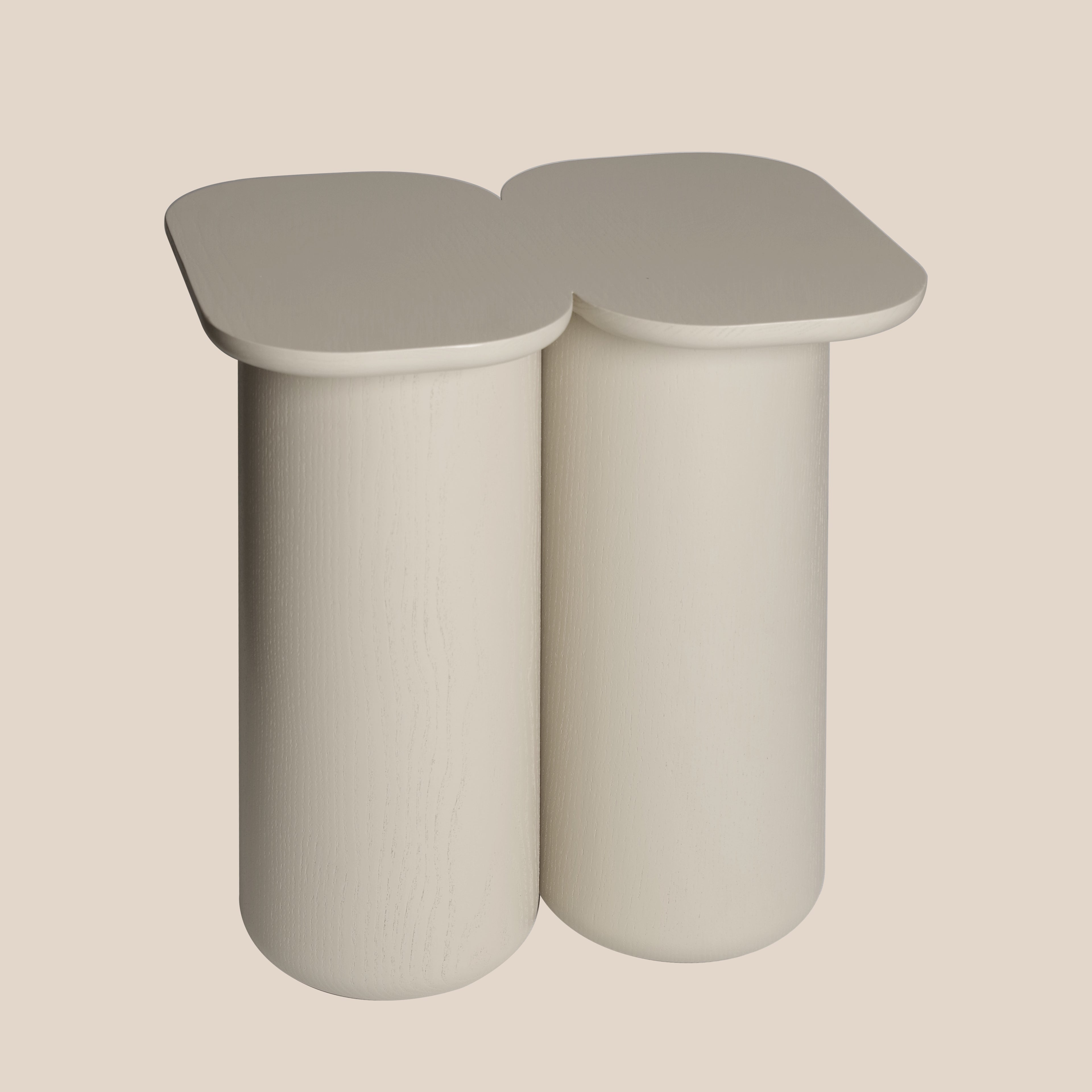
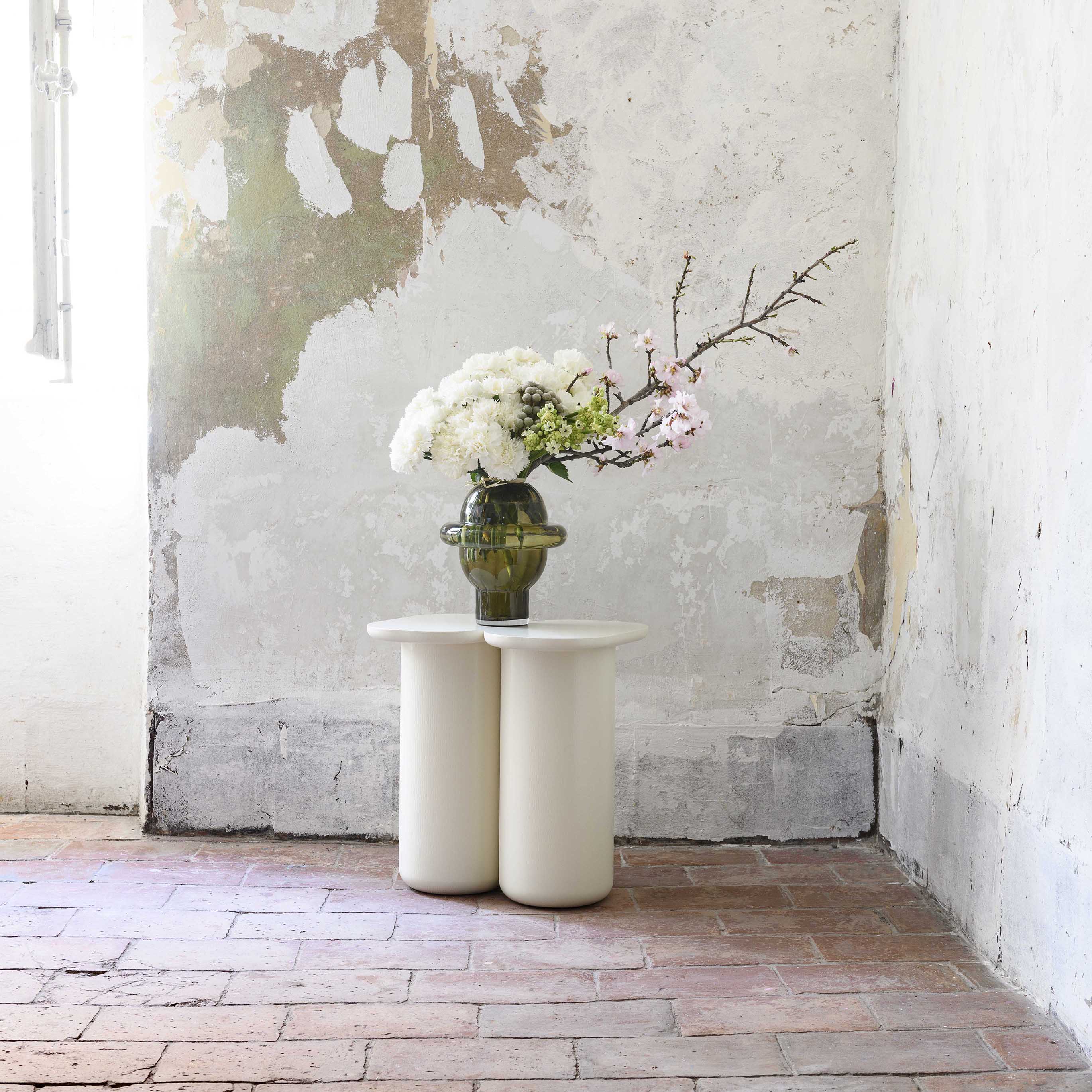
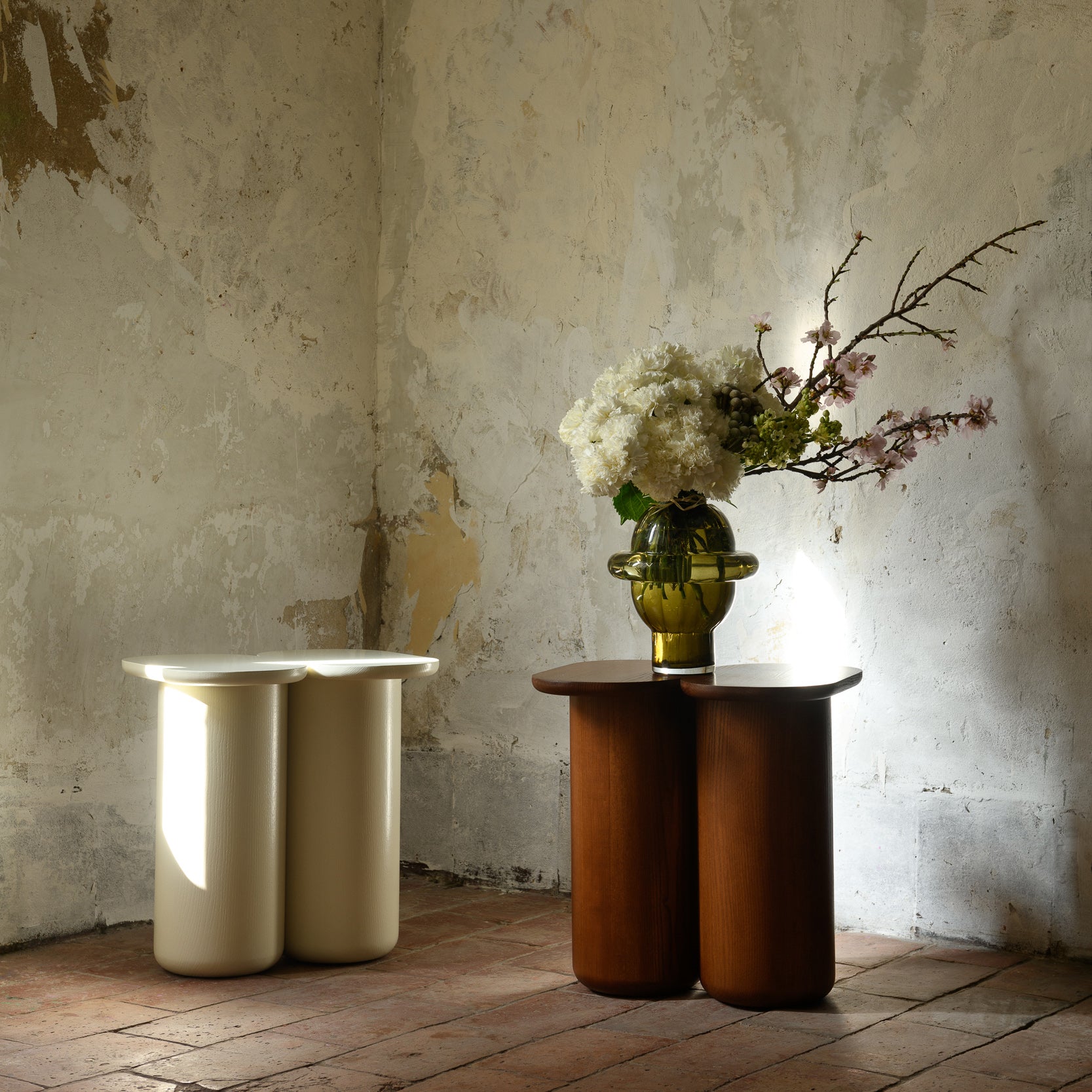
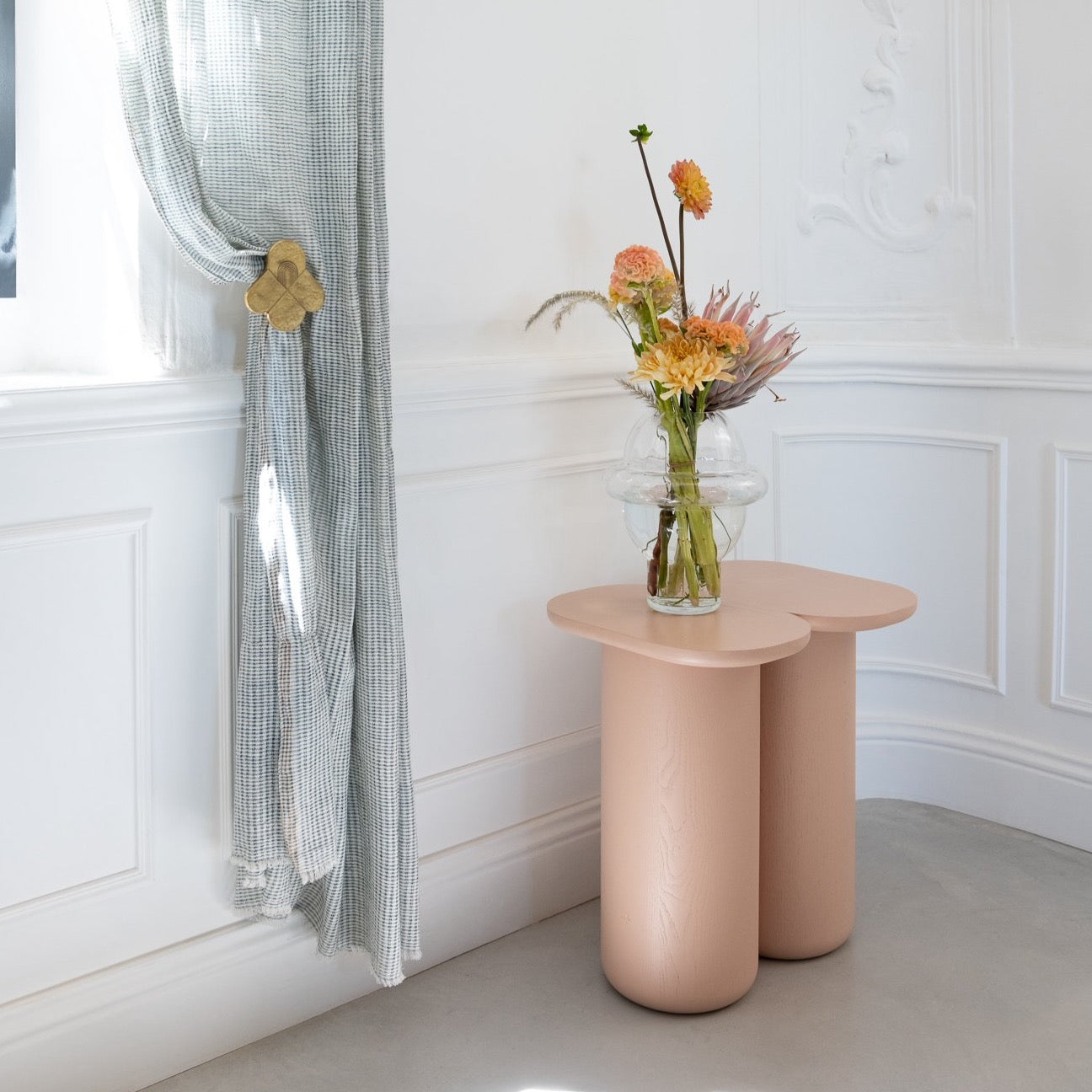
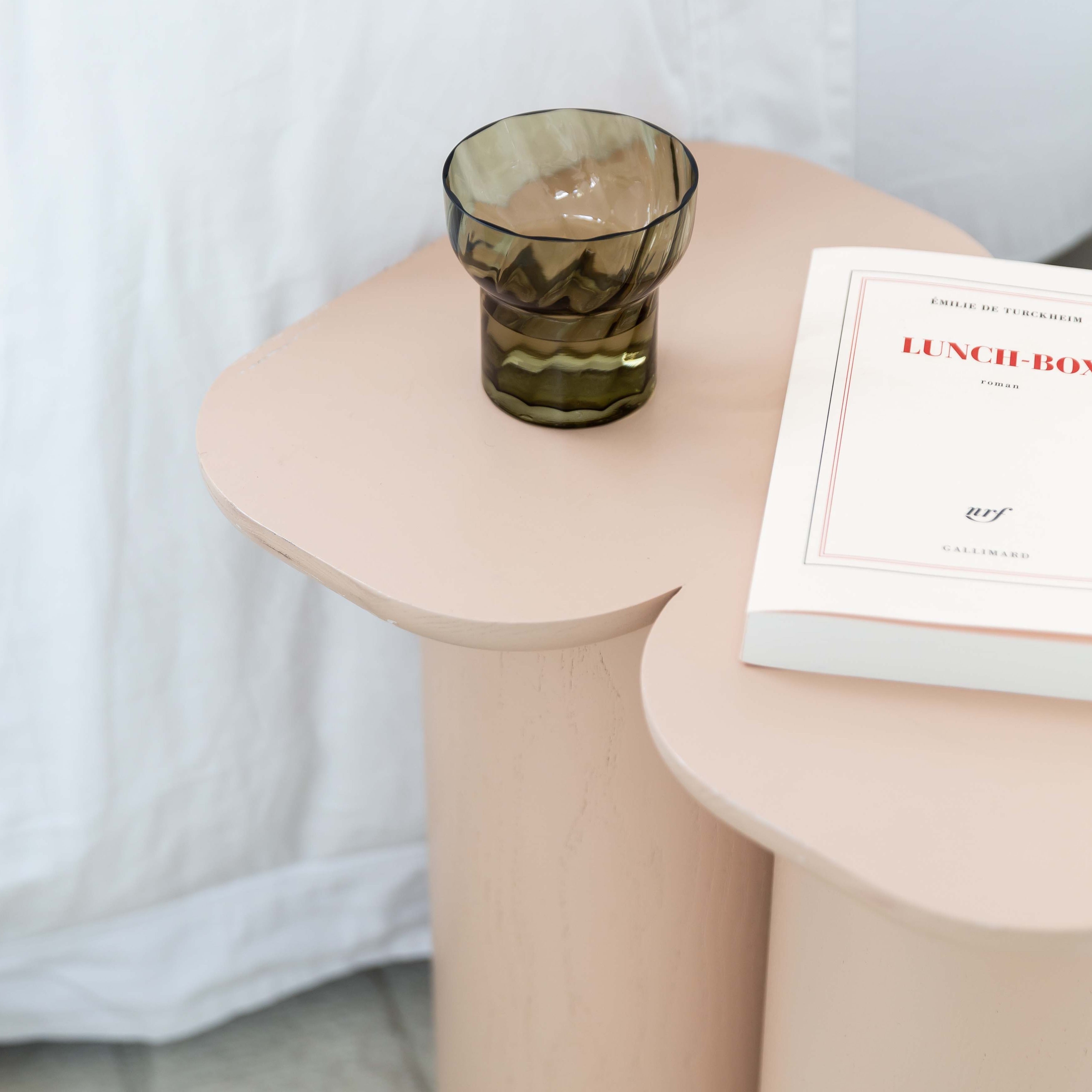
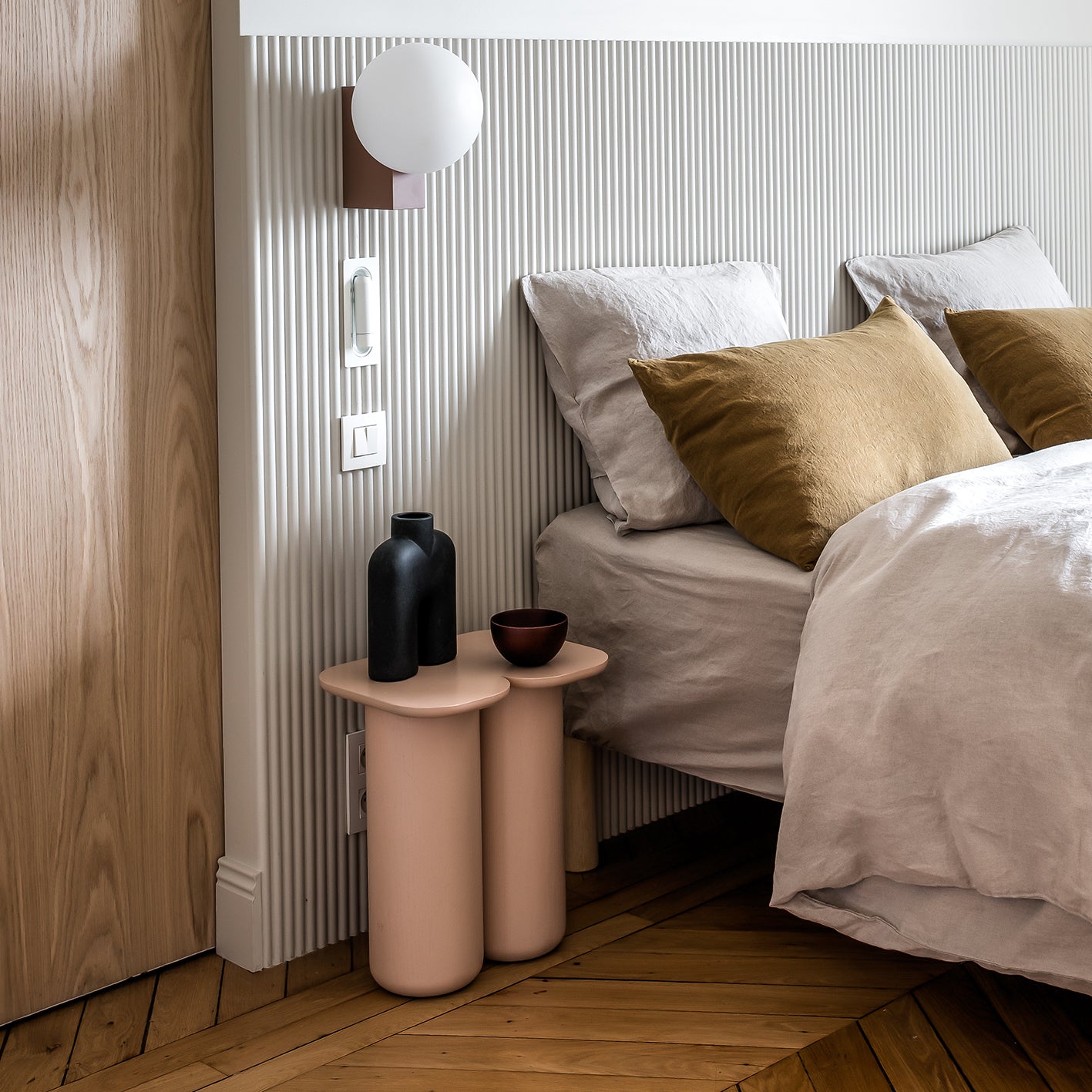


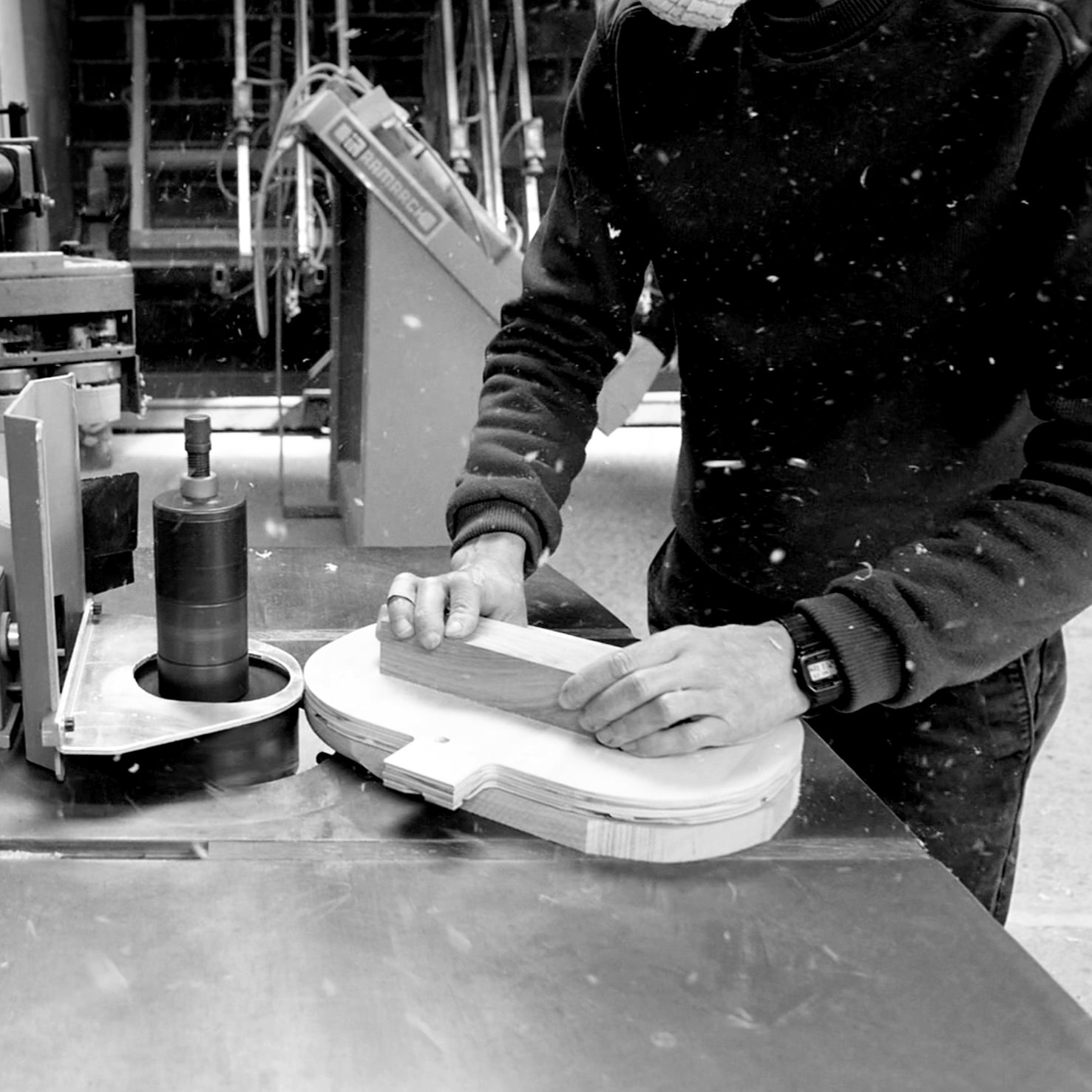
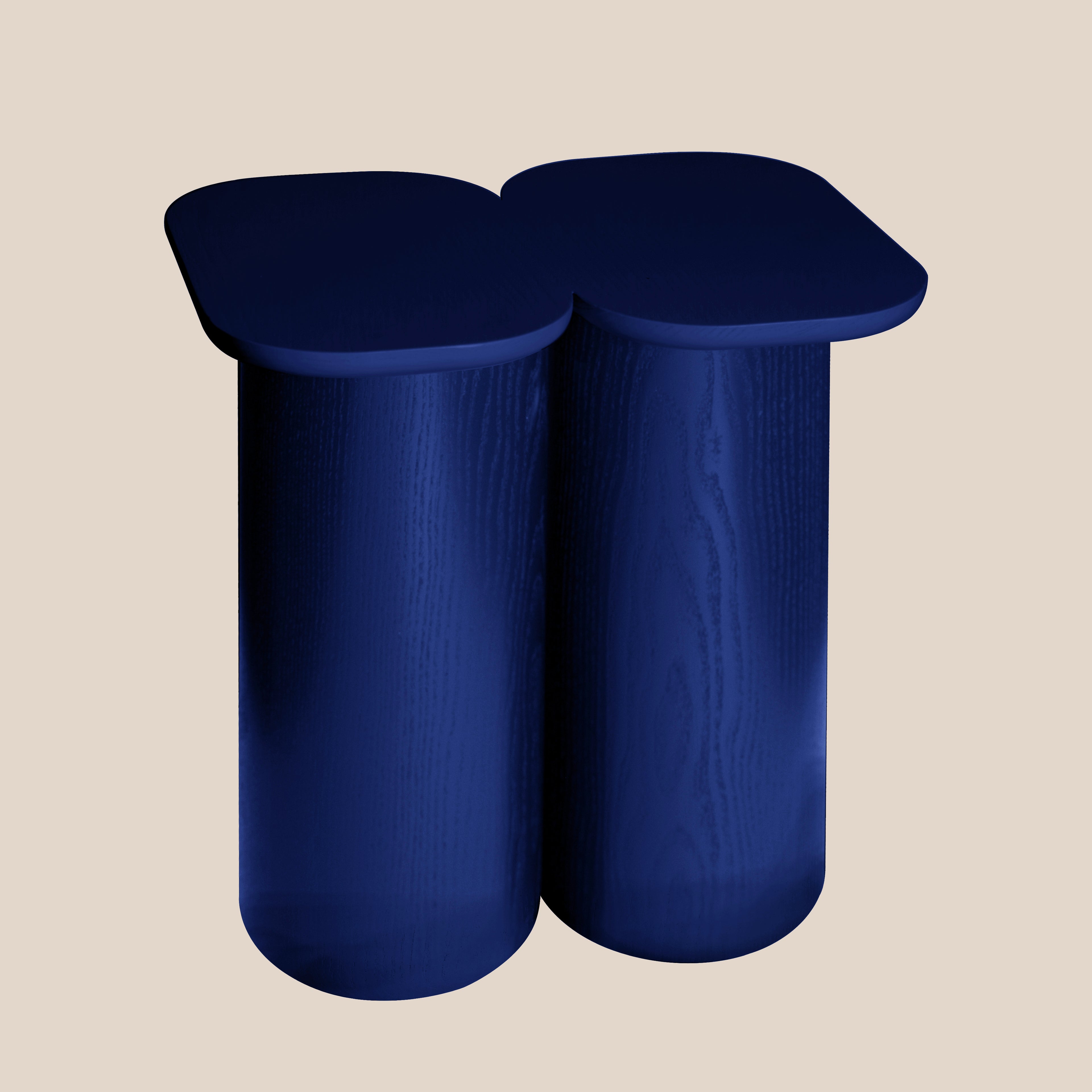
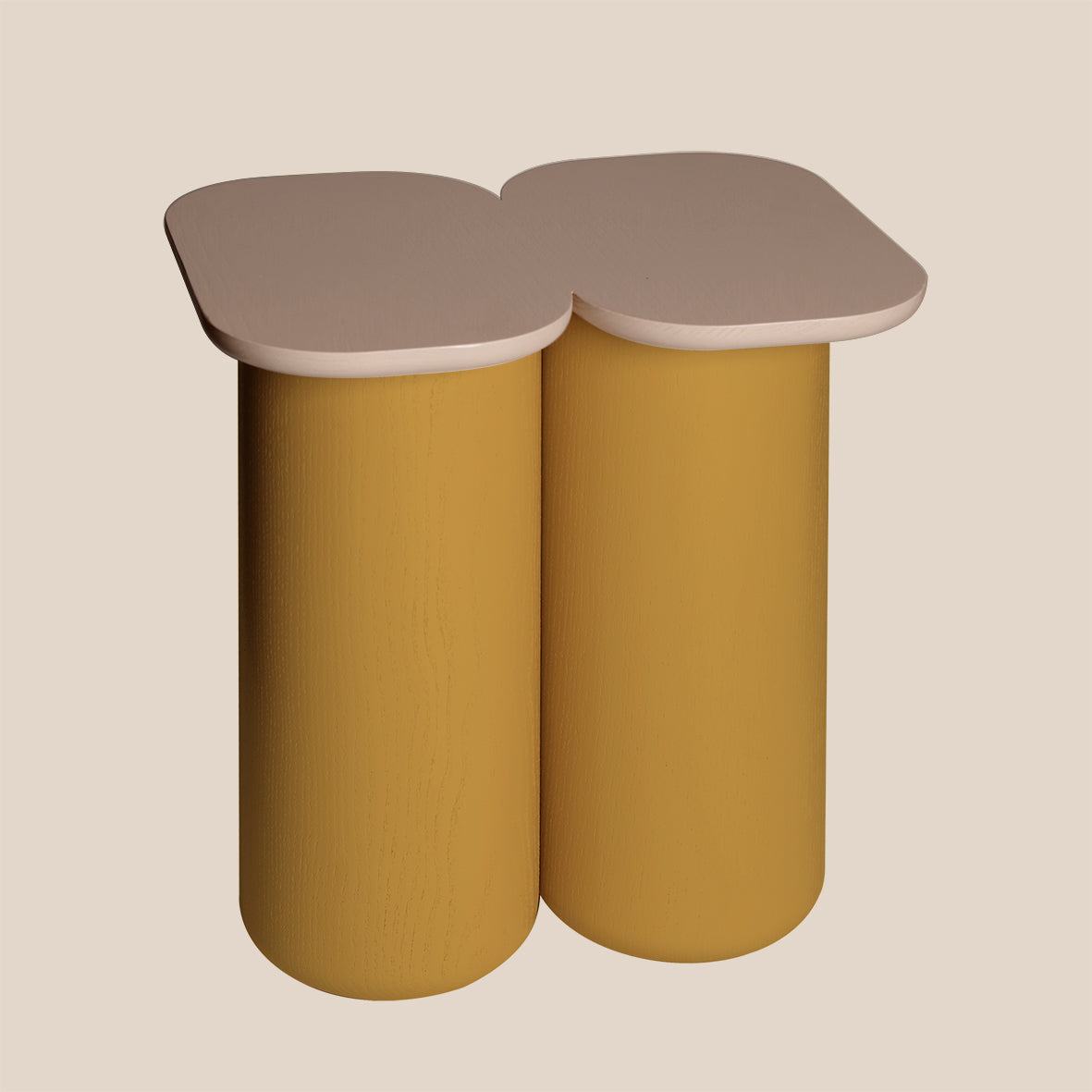
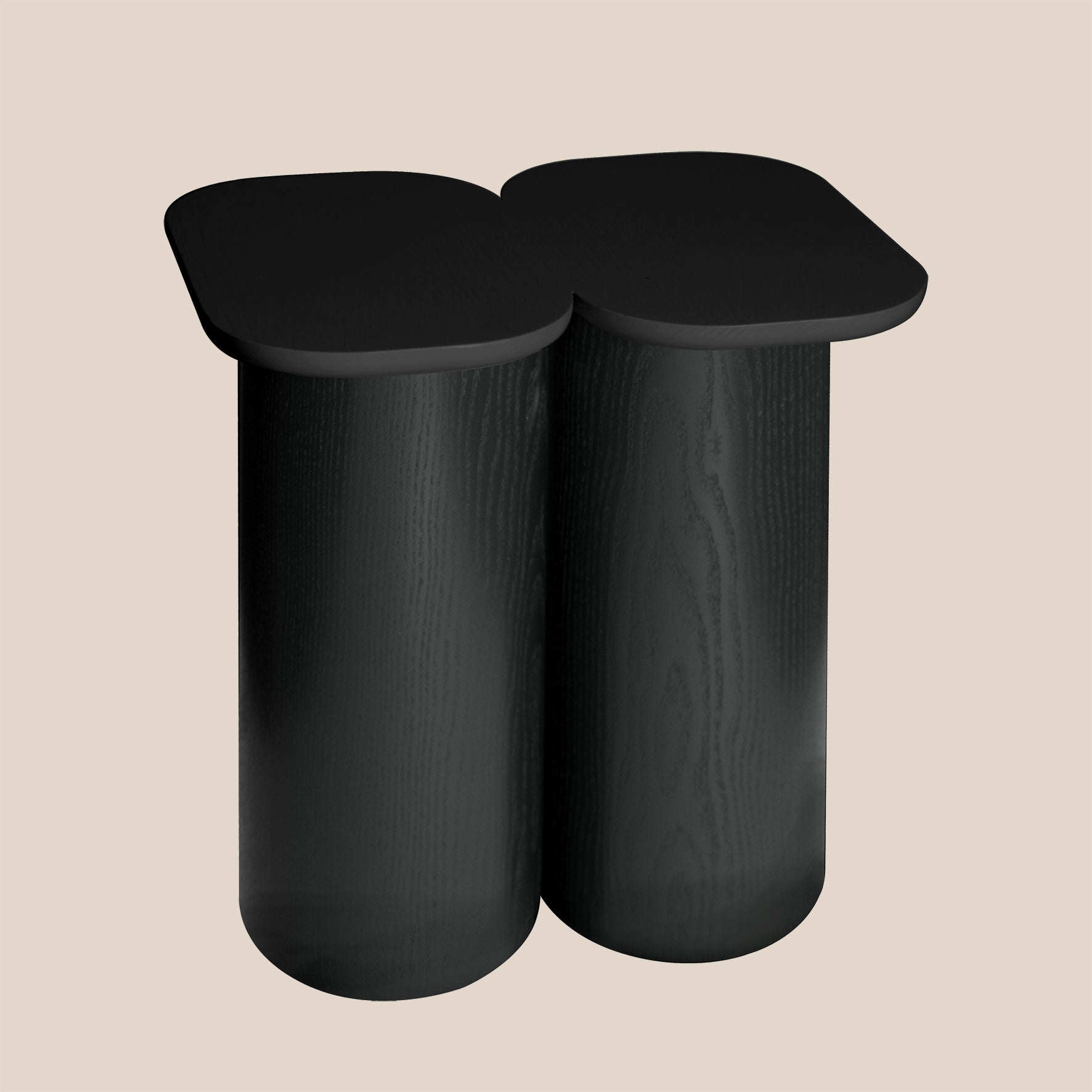
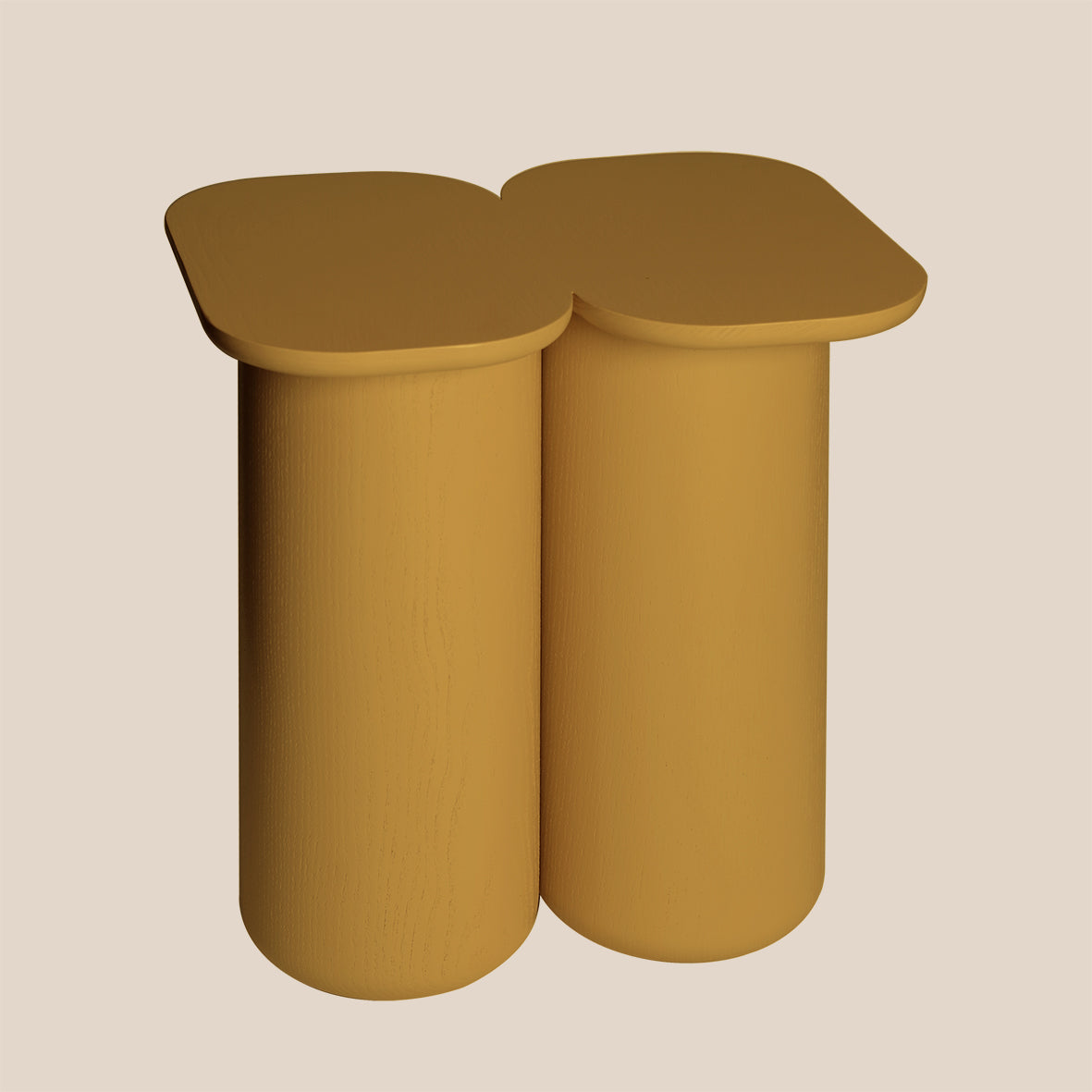
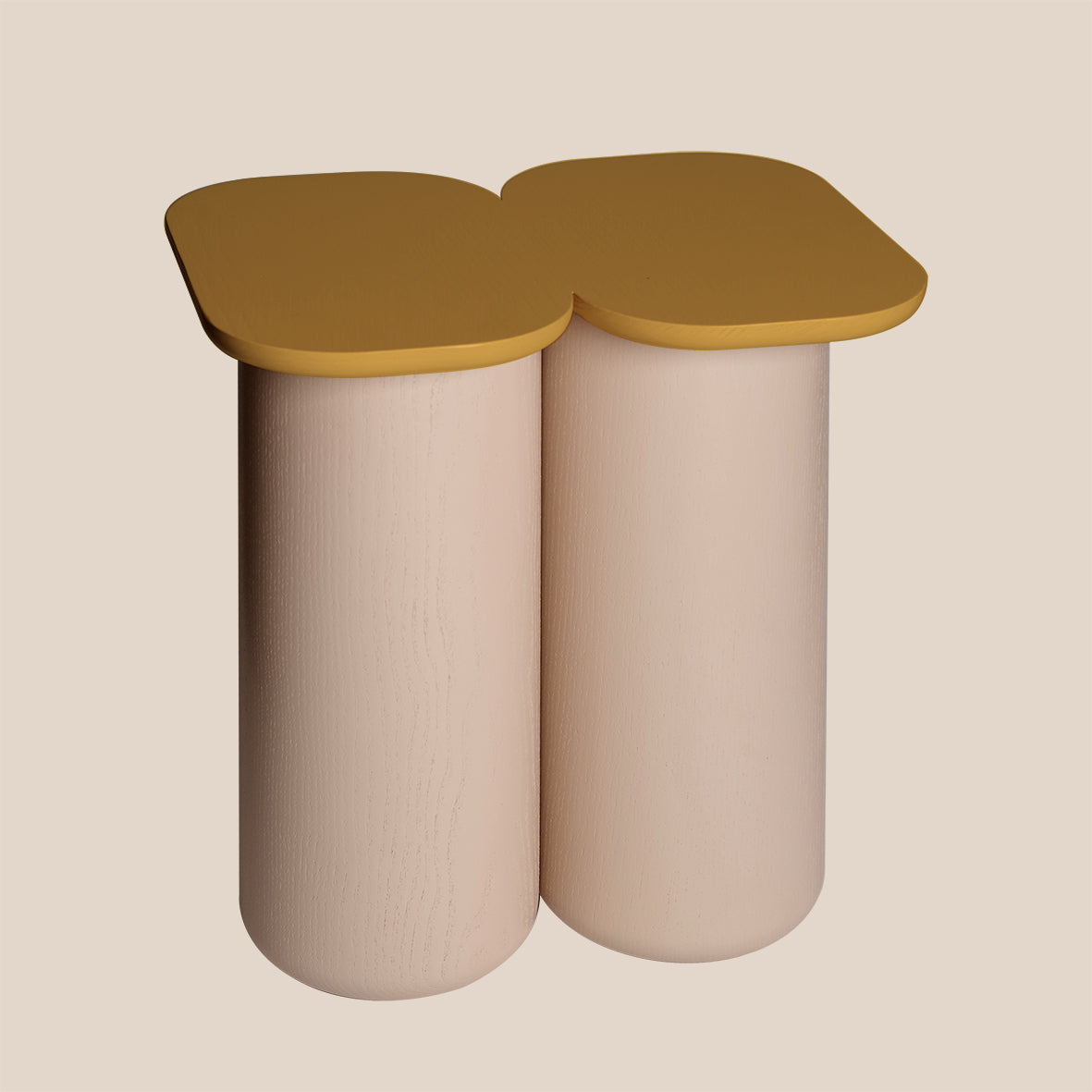
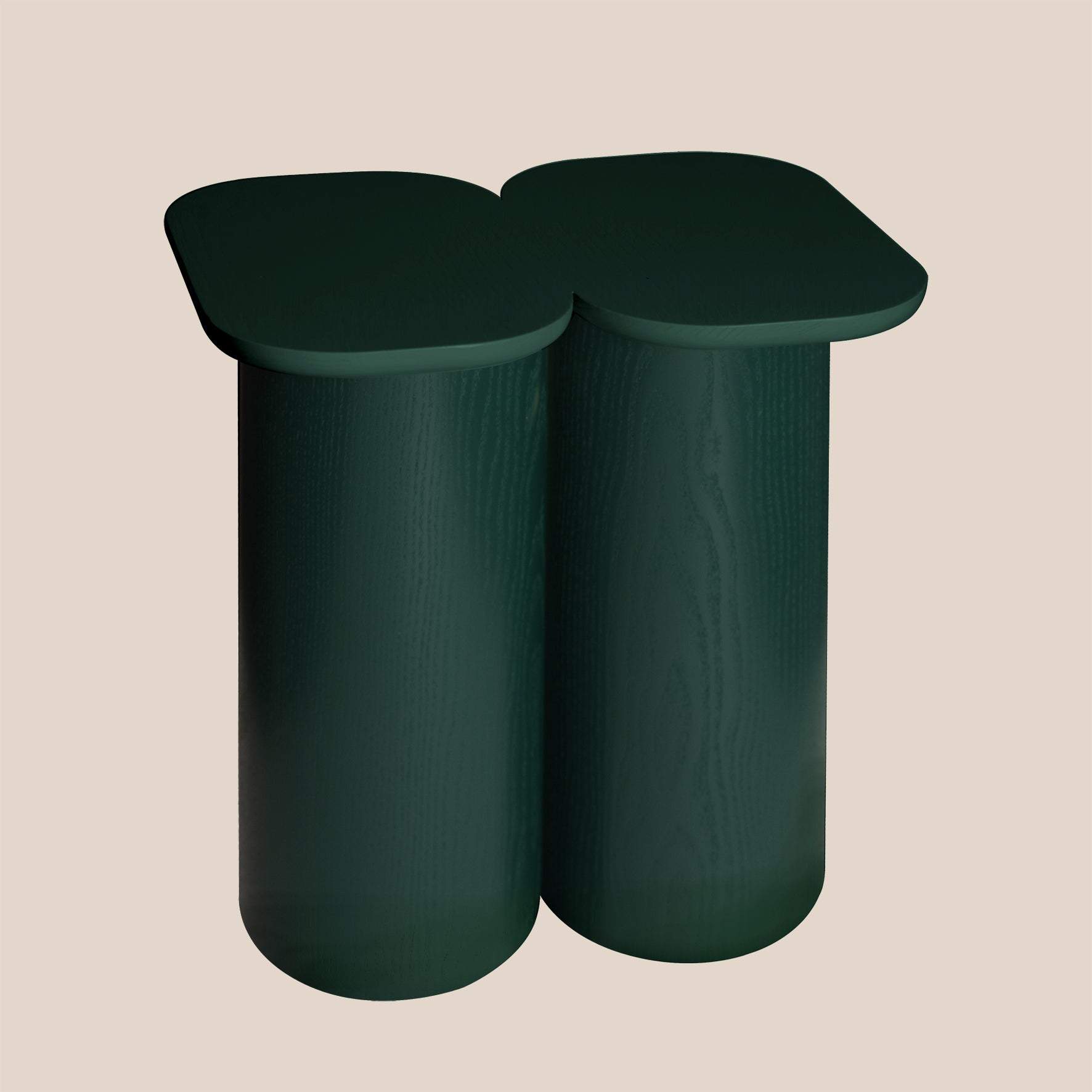
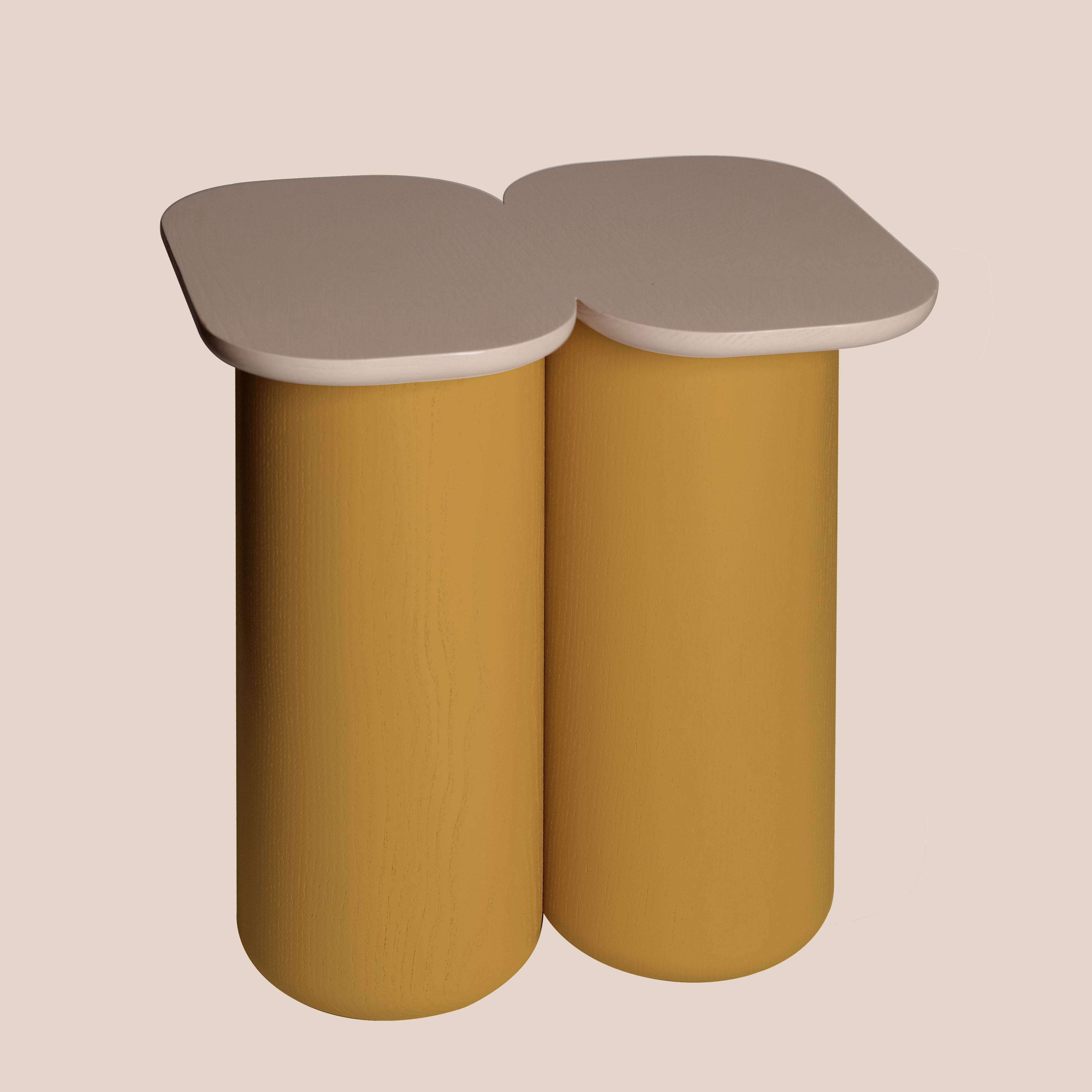
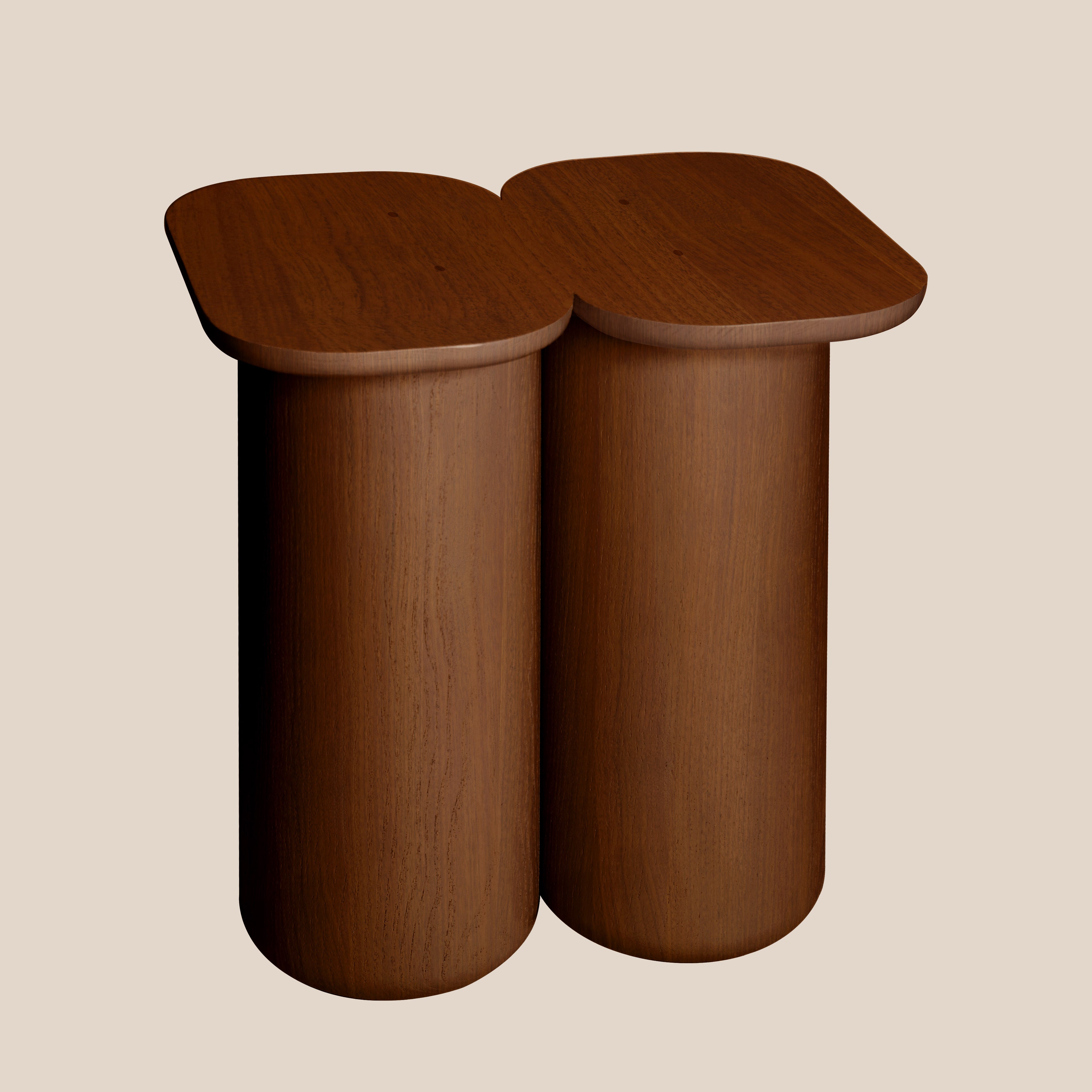
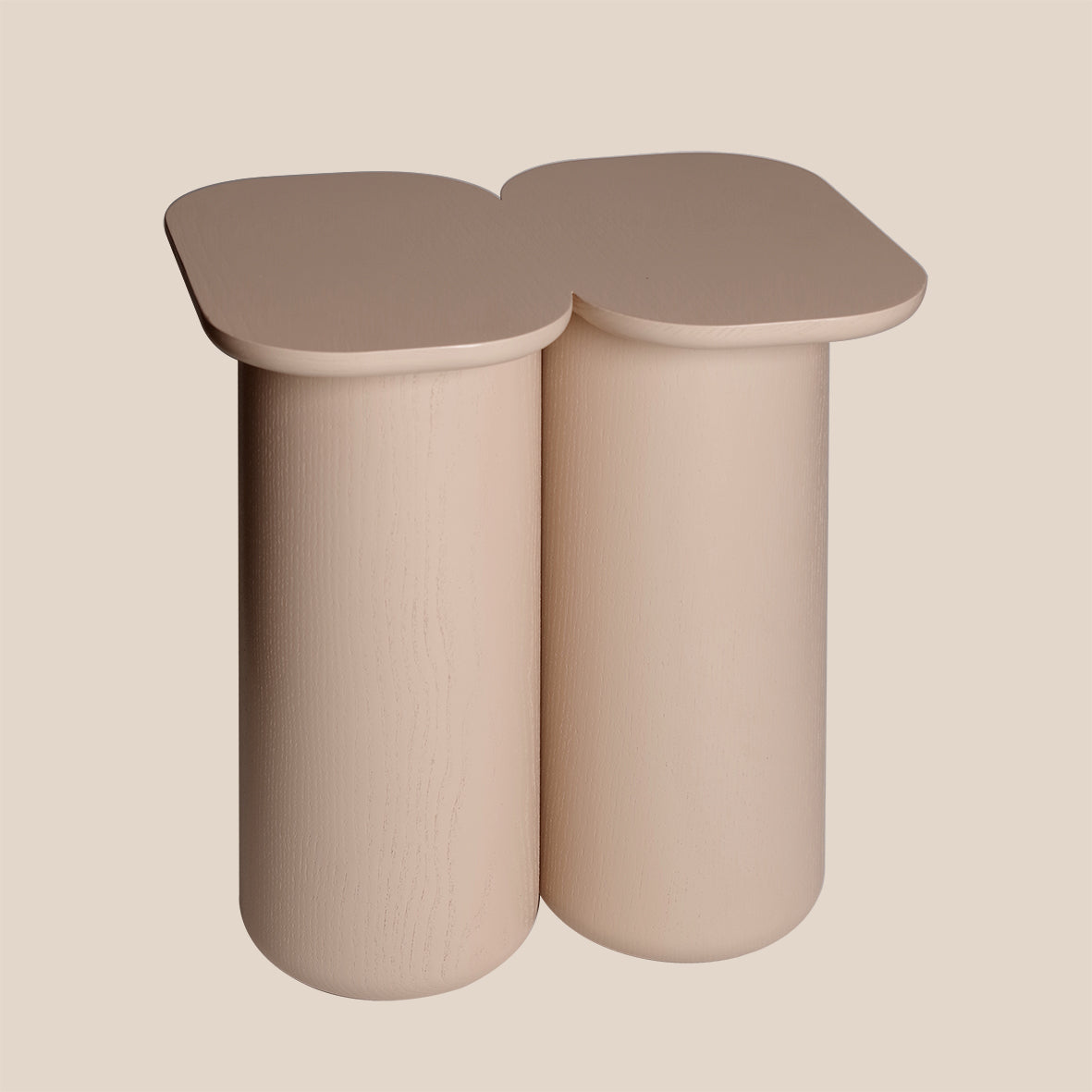

- Regular price
-
780€ - Regular price
-
- Sale price
-
780€
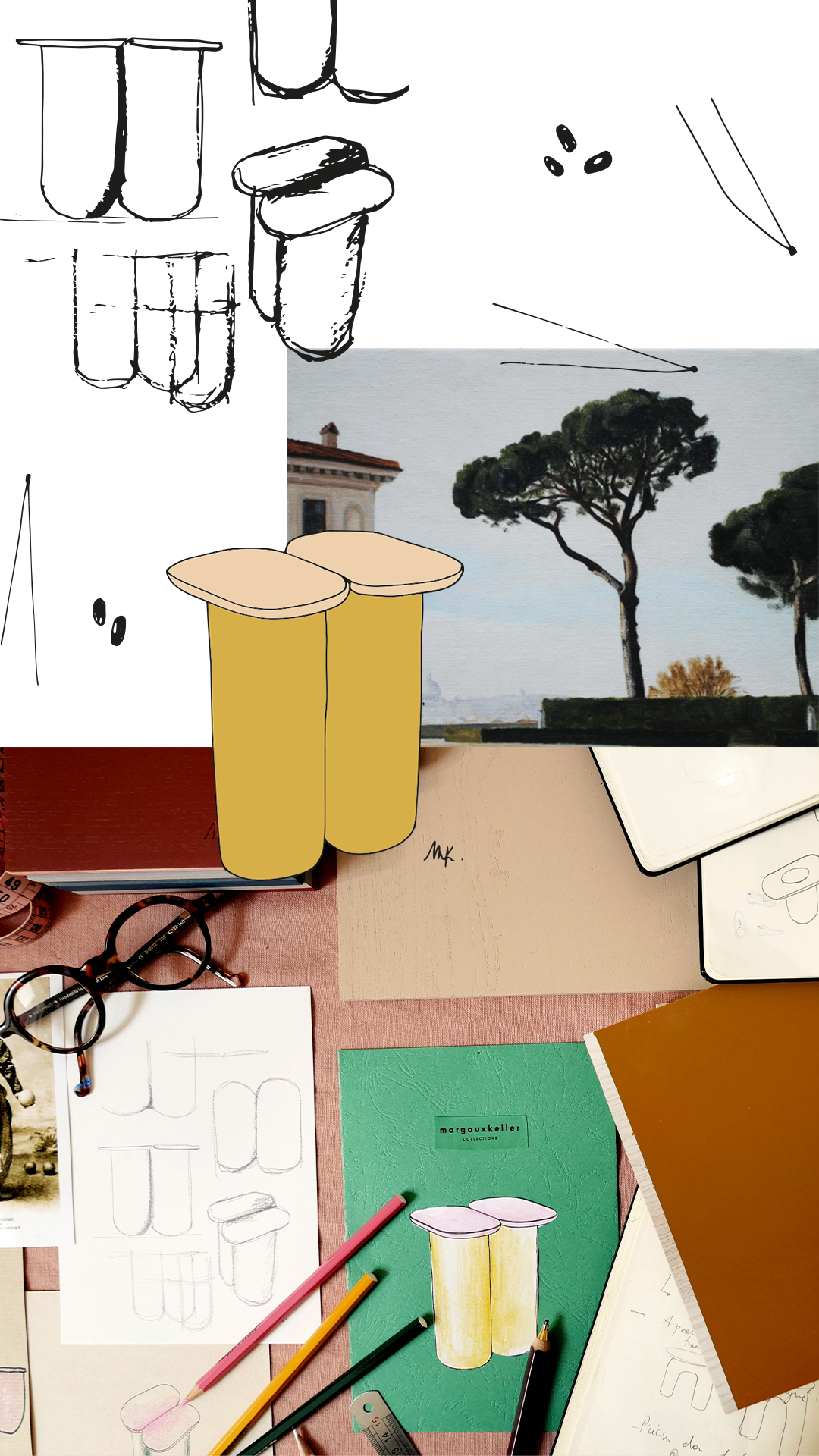
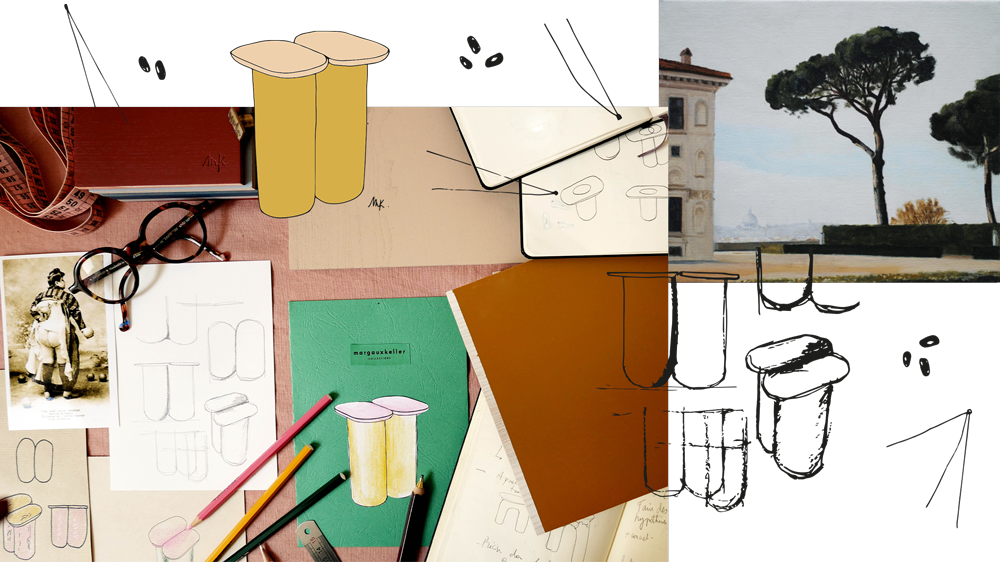
Margaux Keller was inspired by an ancestral tradition according to which the loser of a game of pétanque had to place a kiss on the buttocks of Fanny, an iconic Provencal character.
« Ce n’est pas la lumière du soleil. Ce n’est pas l’un des jouets de mon enfance. Ce n’est pas non plus l’image de ma mère ni celle de mon frère jumeau. Ma première image du monde, le premier souvenir de ma vie sur cette planète est la silhouette de trois immenses pins parasols qui s’élevaient devant le balcon de ma chambre de petit garçon. Ils étaient là, comme enracinés depuis l’éternité. »
Emanuele Coccia - Édition Fondation Cartier pour l’art contemporain; Paris - Juillet 2019


